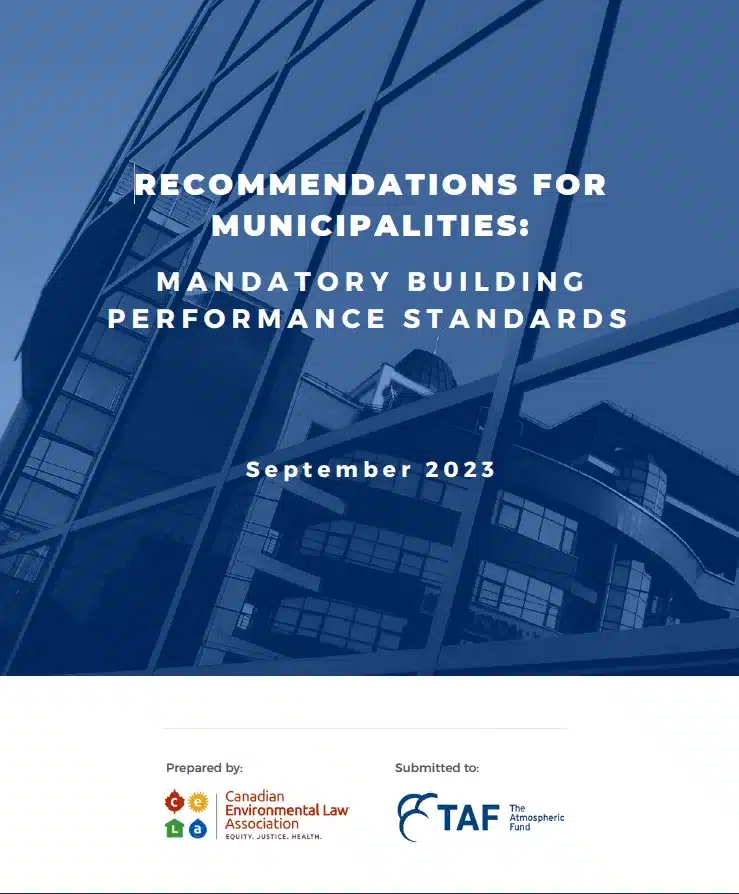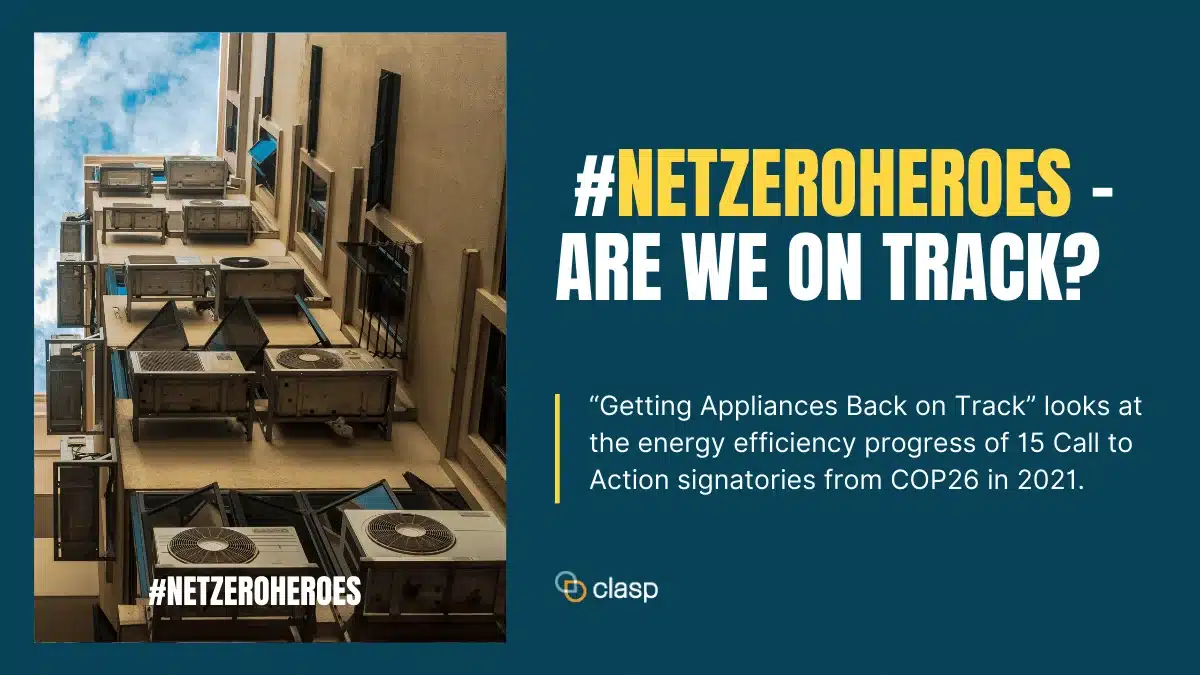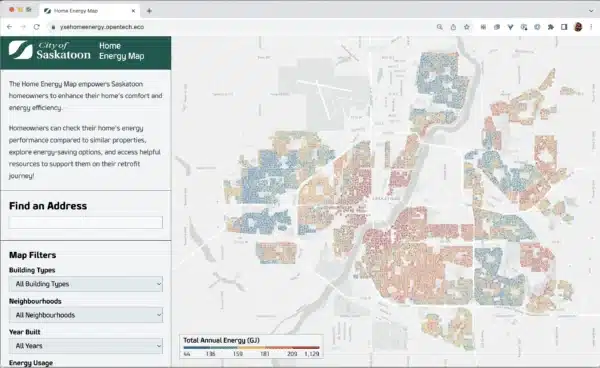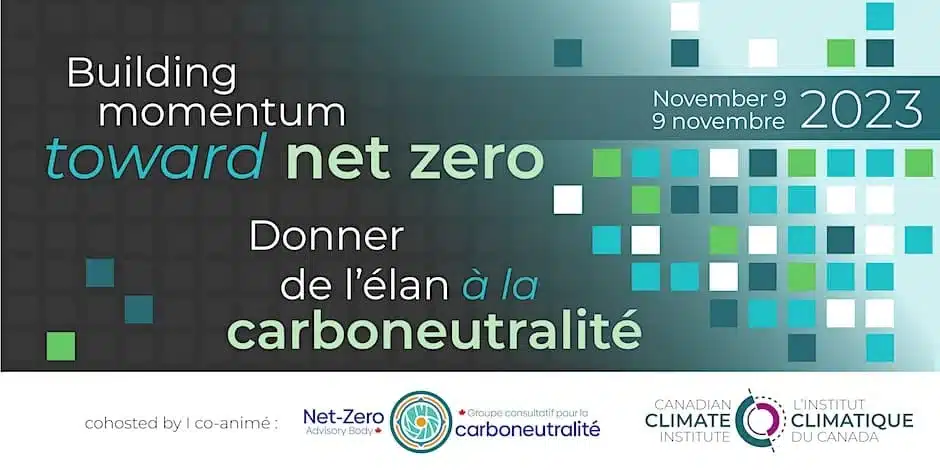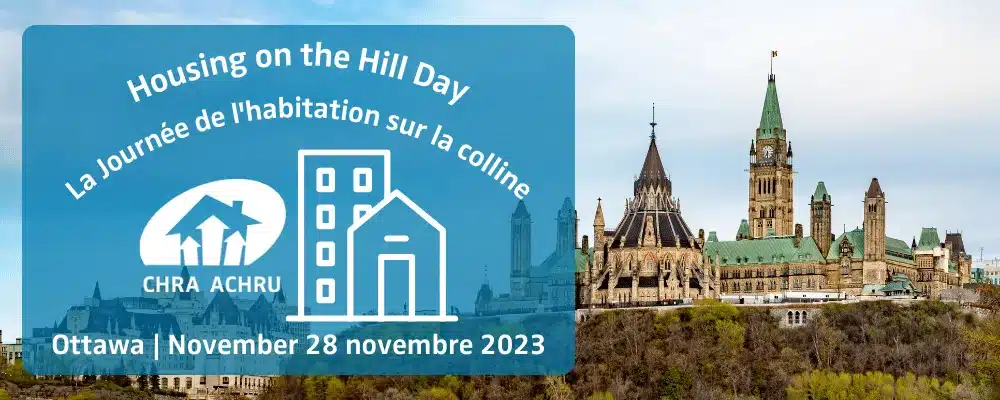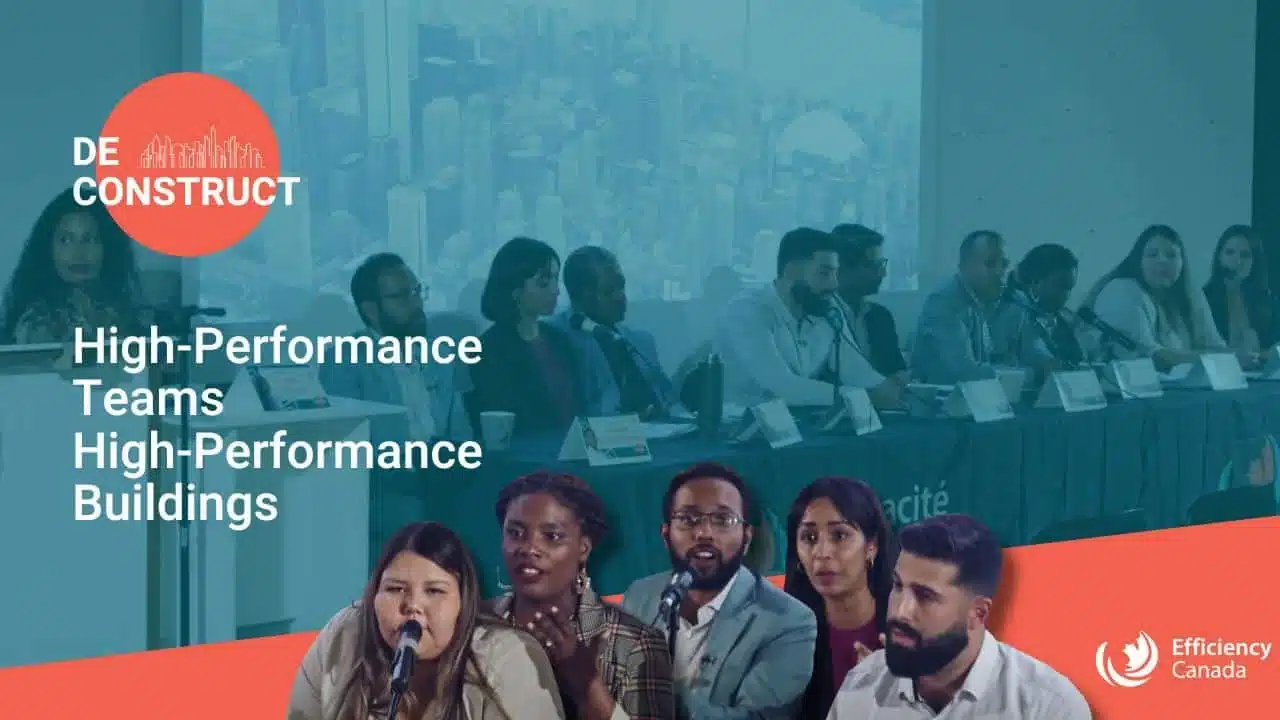
New Report from Sustainable Buildings Canada Cites Our Tenant Rights Work
A new report from Sustainable Buildings Canada (SBC) titled Beyond Utility Bills: Advancing energy retrofit programs for low-income dwellings in Canada brings ideas of social justice, reconciliation, accessibility, and equity to the buildings sector. The report reviews how low-income energy efficiency programs in Canada fall short, and outlines three program design opportunities to address energy poverty and ensure the well-being of all Canadians.
New Report Makes Recommendations for Municipalities on Mandatory Building Performance Standards
A new report by the Canadian Environmental Law Association (CELA), commissioned by TAF, outlines how Ontario municipalities have the legal authority to implement Mandatory Building Performance Standards. The report provides definitions, recommendations, case studies, insights on compliance and enforcement, and equity considerations.
EHRC Releases New Report on Electricity Labour Market
The Federal Government is Expanding the Oil to Heat Pump Affordability Program
The Federal Government has announced additional funding to the Oil to Heat Pump Affordability program, and is temporarily pausing the carbon tax on oil heating to help more Canadians make the switch from oil to heat pumps and lower their energy bills. The program is Canada’s only targeted program that helps low-to-moderate income households access energy efficiency services. While it is a step in the right direction, millions of Canadians are still left behind. We continue to push for a National Low-Income Energy Efficiency Strategy so that all Canadians, including those who heat their homes with electricity and natural gas, can save energy.
Read our response here | Read the announcement here | Read more about our work to end energy poverty here
New Report from CLASP Tracks Progress on Global Adoption of Appliance Efficiency Standards
CLASP’s COP28 #NetZeroHeroes campaign is officially underway. Their newest report, “Getting Appliances Back on Track: Assessing Progress Towards Global Energy Efficiency Commitments,” kicks off the campaign with an analysis of countries’ progress toward their 2021 Call to Action pledge of doubling appliance efficiency by 2030. The report finds that despite some successes, most countries are not on track and need to step up efforts.
The City of Toronto is Moving Ahead on Building Performance Standards
Ontario Increasing Income Eligibility Thresholds for Ontario Electricity Support Program
The Ontario government is investing an additional $50 million in the Ontario Electricity Support Program (OESP). This funding will increase the income eligibility for the program by up to 35%, which will qualify more low-income households and make electricity more affordable. The updated OESP income thresholds will come into effect on March 1, 2024.
Read more here
Montreal is Banning Gas & Oil Heating On All New Buildings Starting in 2025
The City of Montreal has announced a ban on all combustion heated appliances as well as residential gas stoves in newly constructed buildings. The mandate applies to all new small buildings (no more than three floors, with an area less than 600 m2) by October 1st, 2024 and to large new buildings by April 1, 2025. New large buildings will still be able to install combustion heated appliances provided that the GHG emissions come from renewable sources. This initiative will aid the city to advance its goal of achieving zero-emission buildings by 2040.
Read more here
Nova Scotia’s New Building to Zero Exchange Has Launched
Building to Zero Exchange (BTZx) is a coalition of building sector stakeholders formed by the Government of Nova Scotia; Halifax Regional Municipality; Dalhousie University; Clean Foundation; Construction Association of Nova Scotia; EfficiencyOne; Nova Scotia Community College; and the Halifax Climate Investment, Innovation, and Impact (HCi3) Fund. The coalition is committed to growing the number of net zero buildings in Nova Scotia and advancing the province’s net-zero transition.
Read more here
Built Green Canada Launches Training on Residential Deep Energy Retrofits
In partnership with Blue House Energy, Built Green Canada has launched their Whole-House Energy Retrofit online training course. The Whole-House Energy Retrofit curriculum aligns with Natural Resources Canada’s EnerGuide for Houses Rating System and its envelope-first building science approach. Participants will gain an understanding of what a whole-house energy retrofit is, what it’s meant to achieve, and what one needs to know when working in the industry.
Read more about the training program here
OPEN Technologies Launches Innovative Retrofit Roadmap Tool for Homeowners and Cities
OPEN Tech is mapping the way for greener homes in Saskatoon with their new web tool! The tool will provide estimated energy consumption and carbon emissions for Saskatoon’s 70,000 ground-oriented homes. Viewers can see the overall distribution of home energy performance and filter their view by neighbourhood, housing type, and age to spot the relationship between these factors and overall performance. Residential energy consumption is a significant contributor to Saskatoon’s carbon emissions. The City has targets to reduce residential energy use by 50% by 2030 and achieve net-zero emissions by 2050. If every Saskatoon homeowner implements their recommended energy conservation measures, the city can reduce its energy and carbon emissions by two thirds!
Read more about the Home Energy Map here
Sign Our Petition to Secure Energy Justice for Those Most in Need!
The rising costs of living are forcing millions of Canadians to compromise when choosing between heating their homes or feeding their families. Energy efficiency upgrades are a proven way to lower energy bills while also offering protection from cold spells and heat waves. Federal programs provide financial support for middle and upper-income Canadians looking to make their homes more energy efficient, but program gaps are excluding millions of low-income Canadians who cannot afford the upfront costs. Investment in the upcoming Federal Budget is needed so that all Canadians can save energy and live comfortably.
Sign our petition so that we can let Minister Freeland and Prime Minister Justin Trudeau know that there is strong public support to increase energy efficiency funding for low-income households.
Public Review of Proposed Changes to the 2020 National Model Codes is Now Open
The Canadian Board for Harmonized Construction Codes (CBHCC) invites relevant stakeholders and the public to review the National Building Code of Canada, the National Energy Code of Canada for Buildings, and other additions included in the proposed changes to the 2020 National Model Codes. The public review will close at 11:59 pm PST on December 18, 2023, after which comments will no longer be accepted.
Read how to submit your comments on proposed changes here
Looking for Housing Design Research Study Participants
Efficiency Canada is collaborating with Dr. Burak Gunay and Dr. Maya Papineau, who are leading an interdisciplinary team of researchers funded by NSERC’s New Frontiers in Research Fund. Their research focuses on housing designs to improve operating costs, sustainability, indoor air quality, and thermal resilience to extreme weather events, all while ensuring housing remains affordable.
To support this goal, they are currently seeking respondents to complete a short 8–12-minute survey until mid-November. We invite you to participate in this important research effort. By taking part in the survey, you’re not only contributing to valuable research, but you’re also entering a raffle for a chance to win one of five $100 gift cards of your choice. Winners will be contacted later to claim their prizes.
All survey responses will remain confidential, and they will be used solely for research purposes. We appreciate your time and contribution to this study. If you have any questions or need more information, please don’t hesitate to contact the lead researcher at burakgunay@cmail.carleton.ca.
Together, we can make a difference in understanding and improving our living environments!
Upcoming DiscoverEE Sessions
DiscoverEE webinars are a bi-weekly educational series on various topics regarding energy efficiency. These webinars consist of a 20-minute presentation followed by a 25-minute community discussion (Q&A), for a total of 45 minutes.
The Canadian Industry Partnership for Energy Conservation (CIPEC) Webinar Series
The Canadian Industry Partnership for Energy Conservation (CIPEC), through Natural Resources Canada’s (NRCan) Office of Energy Efficiency, presents a monthly series of free 60-minute webinars. This month, on November 15th (1:00 – 2:00 PM EST) we will hear from four speakers who will share information about the Independent Electricity System Operator’s (IESO) Save on Energy program. Read more and register here
Building Momentum Toward Net Zero
On November 9, 2023, join the Canadian Climate Institute and the Net-Zero Advisory Body for their third annual pan-Canadian climate conference: Building Momentum Toward Net Zero. This year’s conference has a great line-up of diverse national and international speakers. Find the complete agenda and full list of speakers on the website.
Housing on the Hill Day 2023
The Canadian Housing and Renewal Association is hosting the annual Housing on the Hill Day on Tuesday, November 28th. The event will facilitate meetings between housing professionals and Members of Parliament to discuss issues of importance to the social and non-profit housing sectors. CHRA is also offering an in-person advocacy training session on Monday, November 27 aimed at teaching constituents effective advocacy strategies and how to make the most out of MP meetings.

